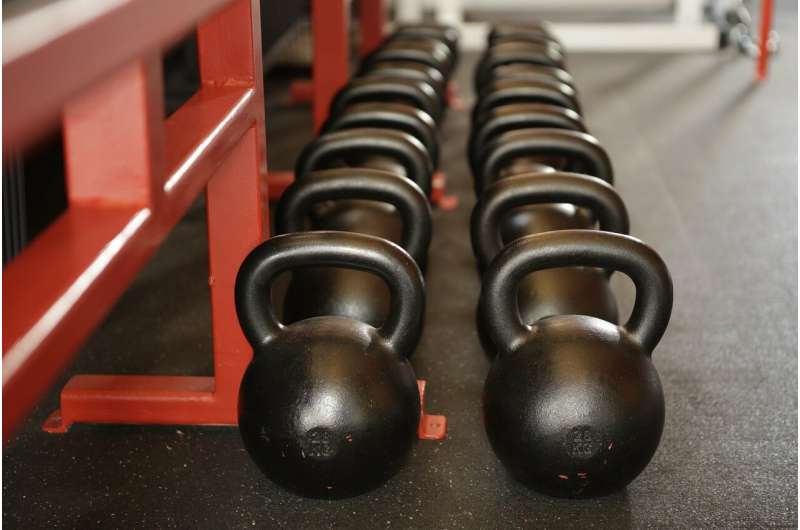Optimal Workout Order Revealed: Cardio Before or After Weightlifting?

Recent research reveals that performing weight training before cardio enhances fat loss and daily activity. Discover which workout order maximizes your fitness results based on scientific findings.
For years, fitness enthusiasts have debated whether doing cardio before or after weightlifting yields better results. Traditionally, preferences have dictated routines—some favor warming up with cardio, while others prioritize lifting first to maximize fat burning. Recent scientific research, however, offers more definitive guidance.
A comprehensive 2025 study published in Scientific Reports has shed light on this ongoing debate. The research indicates that performing weight training prior to cardio can significantly enhance fat loss and boost daily physical activity levels. In the study, 45 obese young men aged 18-30 participated over 12 weeks, divided into three groups: a control group maintaining usual activity and two exercise groups following identical routines differing only in the order of exercises.
Both exercise groups trained three times weekly for an hour, engaging in resistance training—including exercises like bench presses, deadlifts, squats, and bicep curls—and 30 minutes of stationary cycling. Using sports watches for objective activity tracking, researchers observed that both groups experienced improvements in cardiovascular fitness, muscle strength, and body composition. Notably, the group lifting weights first saw greater reductions in overall and visceral fat and increased daily steps, averaging around 3,500 compared to 1,600 steps in the cardio-first group.
Why does the order matter? The key lies in energy utilization. Resistance exercises deplete muscle glycogen, the stored form of carbohydrate in muscles. When glycogen reserves are low after weight training, the body shifts to burn more fat during subsequent cardio, maximizing fat loss. This process is akin to a hybrid car switching from petrol to battery power once the fuel runs low, facilitating an efficient fat-burning state.
Supporting these findings, systemic reviews indicate resistance training alone effectively reduces body and visceral fat, with metabolically active muscles burning calories even at rest, further aiding weight management. Conversely, doing cardio first can diminish training effectiveness because it depletes glycogen reserves, leading to less powerful strength performance and potentially less muscle growth.
Additional research on combined endurance and resistance training affirms that resistance-first protocols promote greater strength gains, and the American Heart Association emphasizes the importance of including both in your routine for overall health. However, limitations exist—most notably, the study's focus on obese young men, which suggests the need for further research across diverse populations, including women and older adults.
Ultimately, whether you prefer to do cardio before or after lifting, both approaches enhance cardiovascular health. Placing resistance training first is advantageous for fat loss, especially visceral fat, and promotes greater daily activity. Resistance training also boosts confidence and energy, encouraging more movement throughout the day.
In conclusion, scientific evidence now supports the strategy of lifting weights prior to cardio if fat loss and increased daily activity are your goals. Both sequences improve health, but order can significantly influence fat reduction outcomes.
Source: https://medicalxpress.com/news/2025-06-cardio-weights.html
Stay Updated with Mia's Feed
Get the latest health & wellness insights delivered straight to your inbox.
Related Articles
Exercise May Be as Crucial as Medication in Preventing Colon Cancer Recurrence
Emerging research suggests that regular structured exercise may be as effective as medication in preventing colon cancer recurrence, offering a cost-effective and side-effect-free strategy to improve survival outcomes.
Is 7,000 Steps a Day Sufficient for Good Health? Insights from Recent Research
Recent research suggests that walking 7,000 steps daily offers significant health benefits, reducing risks for chronic diseases and increasing longevity. Learn how achievable step goals can improve your health.
Do Compression Tights and Tops Enhance Exercise Performance and Recovery?
Learn whether compression tights and tops truly enhance exercise performance and aid recovery, supported by scientific research and expert insights.



